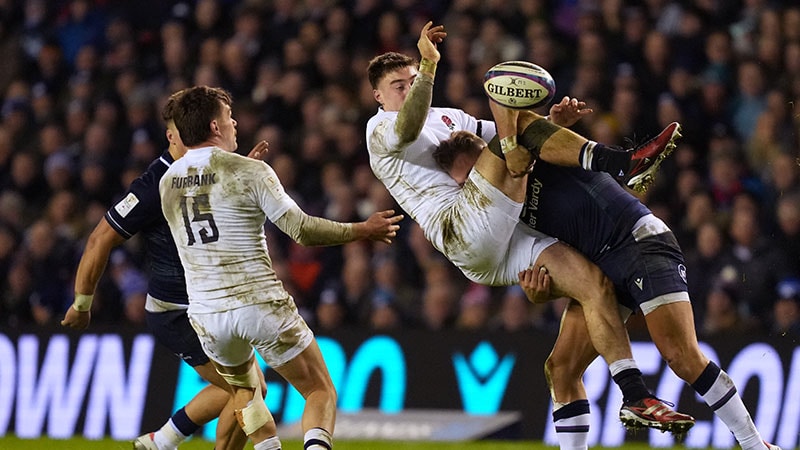The BMA has defended the proposed junior doctor contract against criticism from the Hospital Consultants and Specialists Association (HCSA).
Last week, the HCSA launched a campaign calling for a better contract, claiming the BMA deal fails to address the problems which have emerged under the original contract and contains unacceptable restrictions on the real value growth of future pay.
The HCSA has criticised the four-year 2 per cent pay deal, saying commitment to a long-term below-inflation agreement “appears to be the subtext of these negotiations from an employer perspective”. It says the agreement would effectively set a ceiling on pay for the foreseeable future.
However, the BMA’s director of policy, Raj Jethwa has accused the HCSA of making “inaccurate statements”.
“After a decade of derisory recommendations by the Review Body on Doctors’ and Dentists’ Remuneration and the 1 per cent pay cap, this pay deal guarantees at least a 2 per cent pay rise for four years for junior doctors while retaining the option to seek more if inflation increases,” Mr Jethwa said in a letter to the HCSA.
In its review the HCSA also criticises changes to exception reporting systems, saying the new deal focuses on junior doctors’ responsibility to report, rather than employers’ responsibility to remedy repeat breaches.
In response, the BMA says the HCSA’s concerns are unfounded. “Exception reporting is a system still in its infancy, having only been in place for all junior doctors for two years,” the letter states. “This system has huge potential and is already leading to positive developments, but more time must be given for this system to become embedded and more must be done by employers to encourage juniors to use it.”
The referendum on whether to accept or reject the new deal concludes on 25 June.


